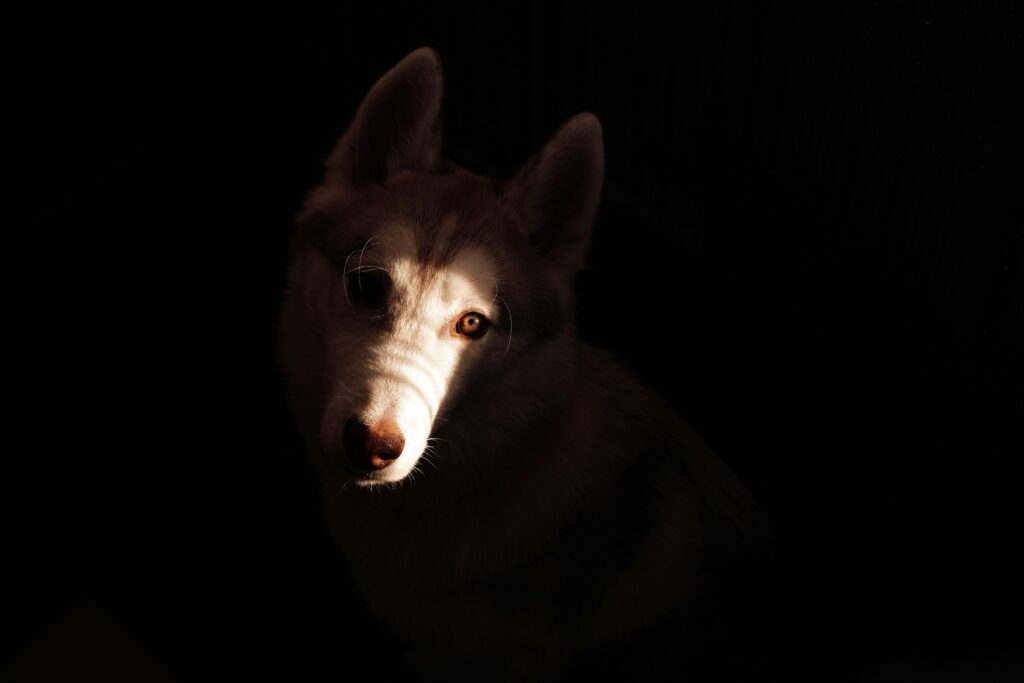
Bringing home a new puppy is an exciting experience, filled with cuddles, playtime, and adorable moments. But when the sun goes down and the lights turn off, many new pet parents are left asking one important question: why is my puppy crying at night?
Nighttime crying is common, especially in the first few weeks after bringing a puppy home. It can be distressing for both you and your furry friend, but understanding the reasons behind it—and how to address them—can make a big difference. Let’s explore the common causes and practical solutions so you and your puppy can both get some much-needed rest.
Separation Anxiety: Missing the Litter
One of the most common answers to why is my puppy crying at night is separation anxiety. Your puppy has just been taken away from their mother, siblings, and familiar environment. That transition is tough! During the day, distractions like toys, food, and attention keep them occupied, but at night, loneliness can kick in hard.
Solution: Keep your puppy’s sleeping area near you during the first few nights. A crate next to your bed can help them feel secure while adjusting. Try placing a soft toy or a ticking clock inside the crate to mimic the sound and warmth of their littermates.
Needing to Go Potty
Puppies have small bladders and can’t hold it in for long. If you’re wondering why is my puppy crying at night, they might simply need a bathroom break. Crying could be their only way to communicate discomfort.
Solution: Establish a bedtime routine that includes a potty break right before sleep. During the night, if your puppy wakes and cries, take them out calmly and quietly—no playtime, just business. Gradually, they’ll learn that nighttime is for sleeping.
Hunger or Thirst
Depending on your puppy’s age and feeding schedule, they might wake up hungry or thirsty. If meals are spaced too far apart or they haven’t had enough to drink, their crying might be a call for nourishment.
Solution: Make sure your puppy eats dinner early enough to digest before bed but not too early that they wake up hungry. Offer fresh water before bedtime, but monitor intake so they don’t drink too much and need extra potty breaks.
Overstimulation or Understimulation
A puppy that hasn’t had enough playtime or mental stimulation during the day might have trouble settling down at night. On the flip side, a puppy that’s overstimulated before bed might also cry due to restlessness.
Solution: Create a balanced daily routine. Include walks, play sessions, and rest periods. Avoid too much excitement close to bedtime. A calm, predictable evening routine helps signal that it’s time to wind down.
Discomfort in the Sleeping Area
Another possible reason behind the question why is my puppy crying at night is discomfort. Your puppy’s bed might be too cold, too hot, or simply not cozy enough. Puppies love warmth and softness, and their sleep environment makes a big impact on their behavior.
Solution: Provide a soft bed in a draft-free, quiet space. Use blankets, a puppy-safe heating pad, or even a shirt with your scent to help them feel secure and warm.
Fear of the Dark or New Sounds
Nighttime can be scary. The silence, unfamiliar shadows, or odd household sounds can spook your puppy. Some puppies are more sensitive to environmental changes and noises, which leads to nighttime crying.
Solution: Consider using a nightlight to make the room less intimidating. A white noise machine or soft music can also help drown out scary sounds and provide soothing background noise.
Health Issues or Discomfort
Sometimes the reason behind the crying is physical. If your puppy is in pain, has an upset stomach, or is feeling unwell, they might cry to let you know.
Solution: Check for signs like excessive drooling, whining during the day, limping, or loss of appetite. If the crying seems persistent and unusual, a visit to the vet is a must to rule out any medical concerns.
Creating a Healthy Sleep Routine
Now that we’ve addressed the question why is my puppy crying at night, let’s focus on creating a sleep-friendly routine.
- Consistent bedtime: Put your puppy to bed at the same time each night to build a routine.
- Comfort items: Give them a soft toy or blanket that smells like home.
- Gradual independence: If they start out in your room, slowly move their sleeping space farther away over time.
- Ignore whining (when appropriate): If your puppy has been fed, pottied, and comforted, some whining might be attention-seeking. It’s okay to ignore it occasionally, or they might learn that crying gets them out of the crate.
Be Patient and Consistent
Nighttime crying is a phase almost all puppy parents go through. While it’s tough to hear your pup cry, know that it’s normal. With patience, love, and structure, they’ll soon grow out of it and sleep peacefully through the night.
The key to solving the puzzle of why is my puppy crying at night lies in observing your pup’s behavior and needs. Meet them with compassion and calm consistency, and you’ll both be sleeping soundly in no time. Petsdogpuppy
